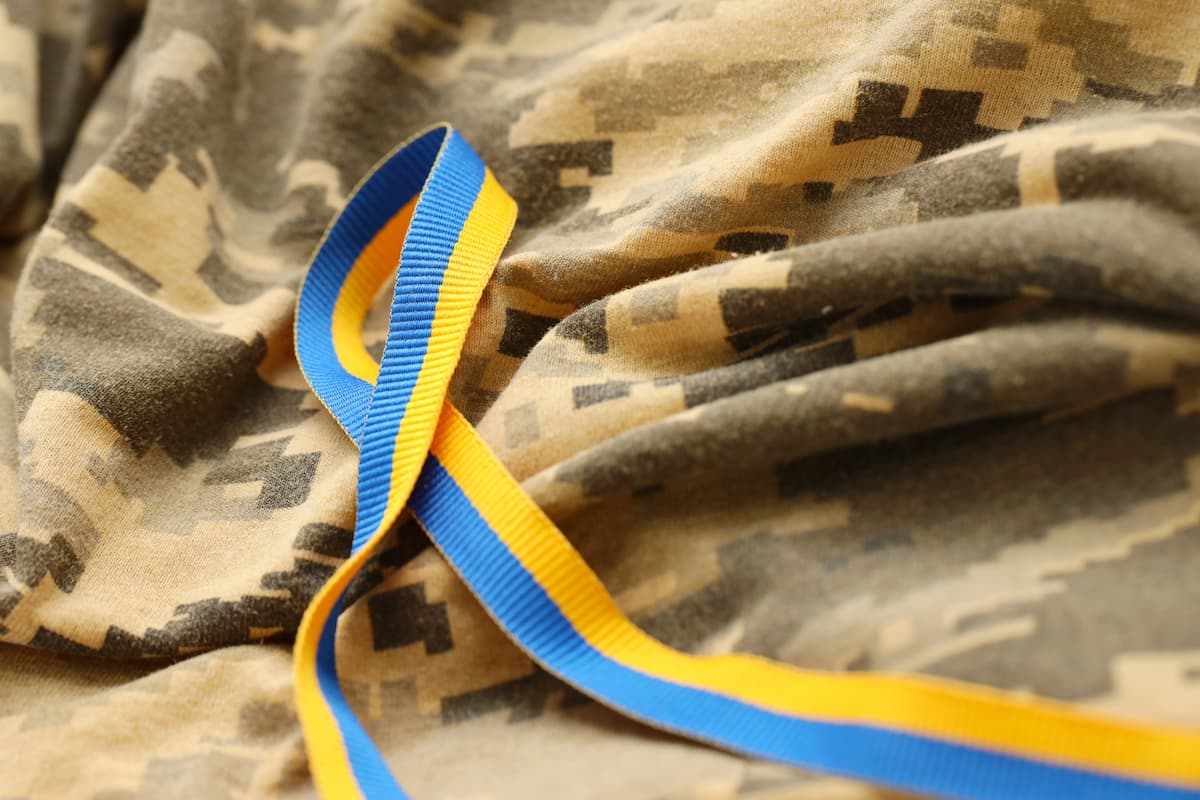Lawyer
The issue of court hearings and the consideration of cases in the mode of video conferencing in the conditions of martial law
Martial law, introduced in Ukraine in connection with the ongoing armed aggression of the Russian Federation, made significant adjustments to the work of the judicial system and the administration of justice. One of the key issues was the organization of court hearings and case hearings in the mode of video conferences in order to ensure the safety of the participants in the process and the effective administration of justice in wartime conditions. Let's consider this question in more detail.
According to the Law of Ukraine "On the Legal Regime of Martial Law", temporary restrictions on the constitutional rights and freedoms of a person and a citizen may be introduced during martial law. In particular, limitations provided for by the Constitution of Ukraine, i.e. limitations of the right to judicial protection, are allowed. However, such restrictions must be justified and proportionate to the goals pursued by the introduction of martial law.
In order to ensure the continuity of the administration of justice, as well as the safety of the participants in the court process, the Supreme Council of Justice made a decision on the possibility of conducting court hearings in the mode of video conferences. This allows the participants of the process to participate in the sessions remotely, without the need to be physically present in the court premises.
The conduct of court hearings in the mode of video conferences is regulated by the Rules of Procedure of the Courts, approved by the order of the State Judicial Administration of Ukraine. According to this Procedure, the court may conduct court hearings in videoconference mode if technical capabilities are available, if none of the participants in the court process objects to this.
A lawyer's consultation or a legal analysis of the situation regarding the issues of holding court hearings in the mode of video conferences, you should pay attention to the following key points:
1. The analysis of the documents related to the case must be thorough and comprehensive, as the correctness of the lawyer's legal and legal opinion depends on it.
2. It is necessary to check the availability of technical capabilities of the court and the participants in the process to properly conduct a video conference.
3. It is necessary to obtain the consent of all participants in the court process to consider the case in the mode of video conference and to ensure that they are properly informed about the date, time and method of holding the meeting.
4. It should be ensured that during the video conference, all procedural requirements will be observed and an effective consideration of the case will be ensured, including the opportunity to ask questions, provide evidence, listen to witnesses, etc.
5. The lawyer's legal and legal opinion must be based on an analysis of all the circumstances of the case, relevant legislation and court practice, as well as take into account the possible risks and advantages of considering the case in videoconference mode.
Summing up, it should be noted that conducting court hearings and hearing cases in the mode of video conferencing under martial law is an important mechanism for ensuring the continuity of the administration of justice and the safety of the participants in the process. However, at the same time, it is necessary to ensure compliance with all procedural requirements, technical capabilities and consent of the parties, as well as to obtain qualified legal advice and a legal opinion of a lawyer regarding the expediency and risks of such consideration in a specific case.

































